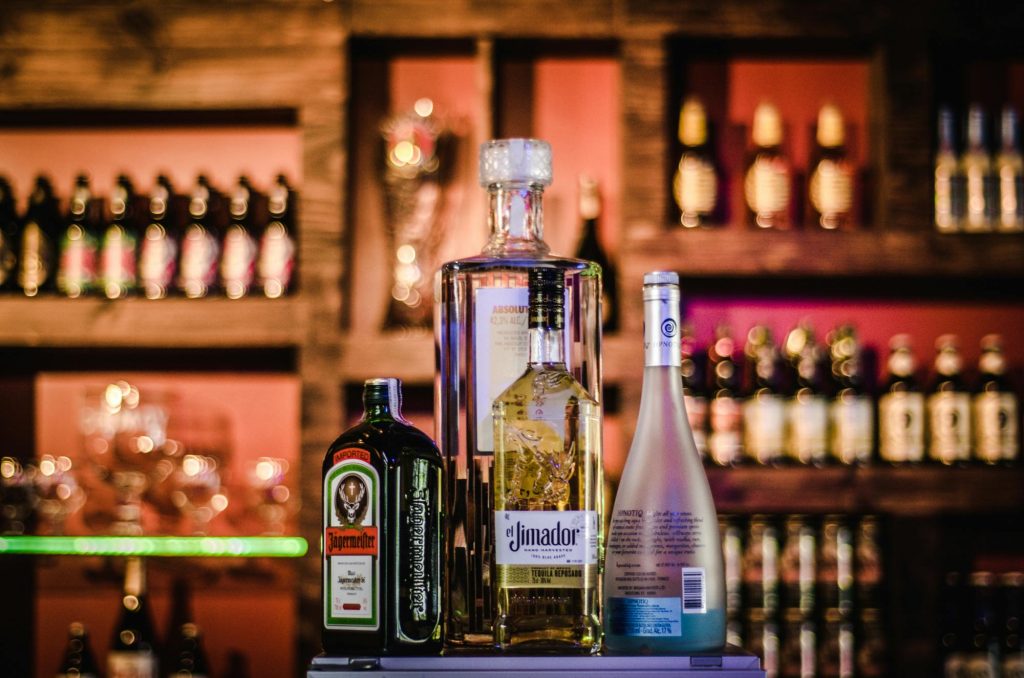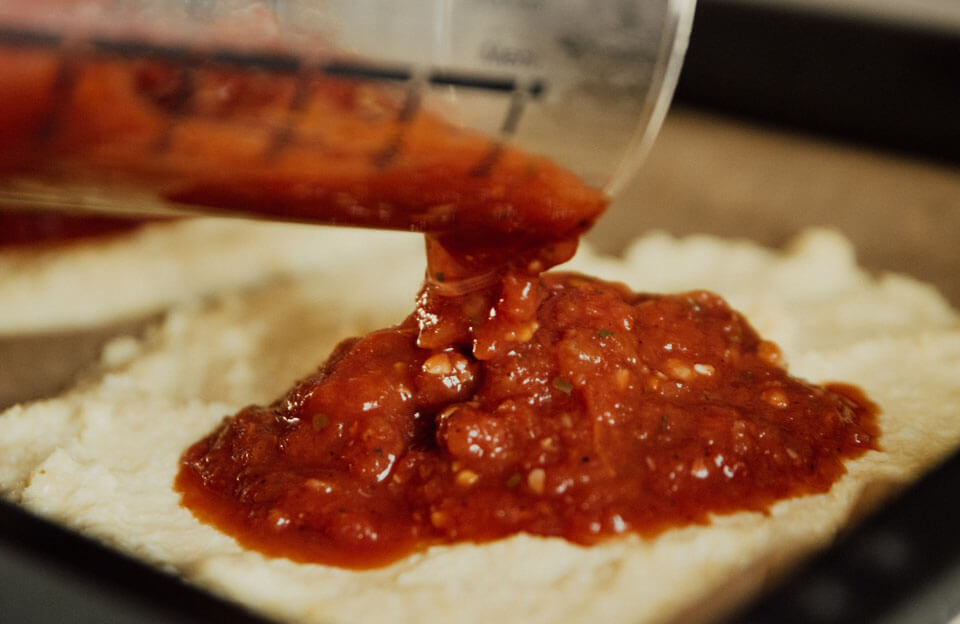When it comes to managing blood sugar levels, understanding the effects of alcohol consumption is crucial for individuals with diabetes or those aiming for overall health. While enjoying a drink occasionally is acceptable for many, it’s essential to be mindful of how alcohol can affect blood sugar levels. In this blog, we’ll delve into strategies to minimize the impact of alcohol on blood sugar levels, ensuring a healthier approach to drinking.

A standard alcoholic beverage contains how much energy?
We typically use kilojoules to measure the energy produced by the food and beverages we consume. Just like the familiar fats, proteins, and carbohydrates, alcohol contains energy.
Similarly, alcohol provides energy. The energy provided by each gram of alcohol is 29 kilojoules. A standard drink is defined as any beverage containing 10 grams of alcohol.
Based on the calculation that 1 gram of alcohol provides 29 kilojoules of energy, this means that a standard-sized alcoholic beverage provides at least 290 kilojoules of energy.
Understanding the Impact of Alcohol on Blood Sugar
Alcohol can affect blood sugar levels in various ways. Initially, it may cause a temporary drop in blood sugar levels, leading to hypoglycemia. However, in the long run, alcohol can elevate blood sugar levels due to its carbohydrate content and its impact on liver function. Moreover, alcohol can interfere with the body’s ability to produce glucose and can impair the hormone insulin’s effectiveness, leading to insulin resistance.

Strategies for Minimizing the Impact
- Wine
When it comes to wine, one strategy to balance enjoyment with health is to dilute the alcohol content in white wine by adding ice cubes. Additionally, exploring low-alcohol or non-alcoholic versions of wine can provide an alternative with reduced alcohol content. For those seeking a lighter option, experimenting with a white wine spritzer, which is a mixture of white wine and soda water, can be a refreshing choice.
- Spirits
For spirits, mixing them with soda water or mineral water can help dilute the alcohol and reduce its impact on health. Adding fruits like lemon, lime, orange, and strawberry, along with herbs like mint and rosemary, can enhance the flavor of spirits without relying solely on alcohol. Consuming spirits slowly is important, allowing time to appreciate the drink’s purity and flavor profile.
- Cocktails
When it comes to cocktails, selecting options that primarily consist of mineral water or soda water can be a healthier choice. Examples include cocktails like mojitos or highballs, which incorporate these lighter mixers. Drinking cocktails slowly and savoring each sip can also help to moderate alcohol intake and promote a healthier relationship with drinking.
The Bottom Line on Drinking Alcohol
Any alcoholic beverage mixed with other sugary drinks will contain more carbohydrates and calories.
So, set yourself a limit: it’s best to drink water, and if you’re going to consume alcoholic beverages, it’s preferable to alternate with non-alcoholic drinks. Choose some low-alcohol or alcohol-free options. Drink mindfully, sip slowly, and savor the taste of each sip.
In short: A little enjoyment is fine, but excessive drinking harms the body.

Conclusion
Managing blood sugar levels while enjoying alcoholic beverages requires mindfulness and moderation. Understanding the impact of alcohol on blood sugar levels is crucial, especially for individuals with diabetes or those prioritizing their health. By implementing strategies such as diluting wine, mixing spirits with soda water, or choosing cocktails with lighter mixers, individuals can minimize the effects of alcohol on blood sugar levels. Additionally, setting limits on alcohol consumption and alternating with non-alcoholic drinks can further support healthier drinking habits. Remember, it’s not about abstaining completely, but rather about making informed choices and prioritizing health while indulging in occasional drinks.

